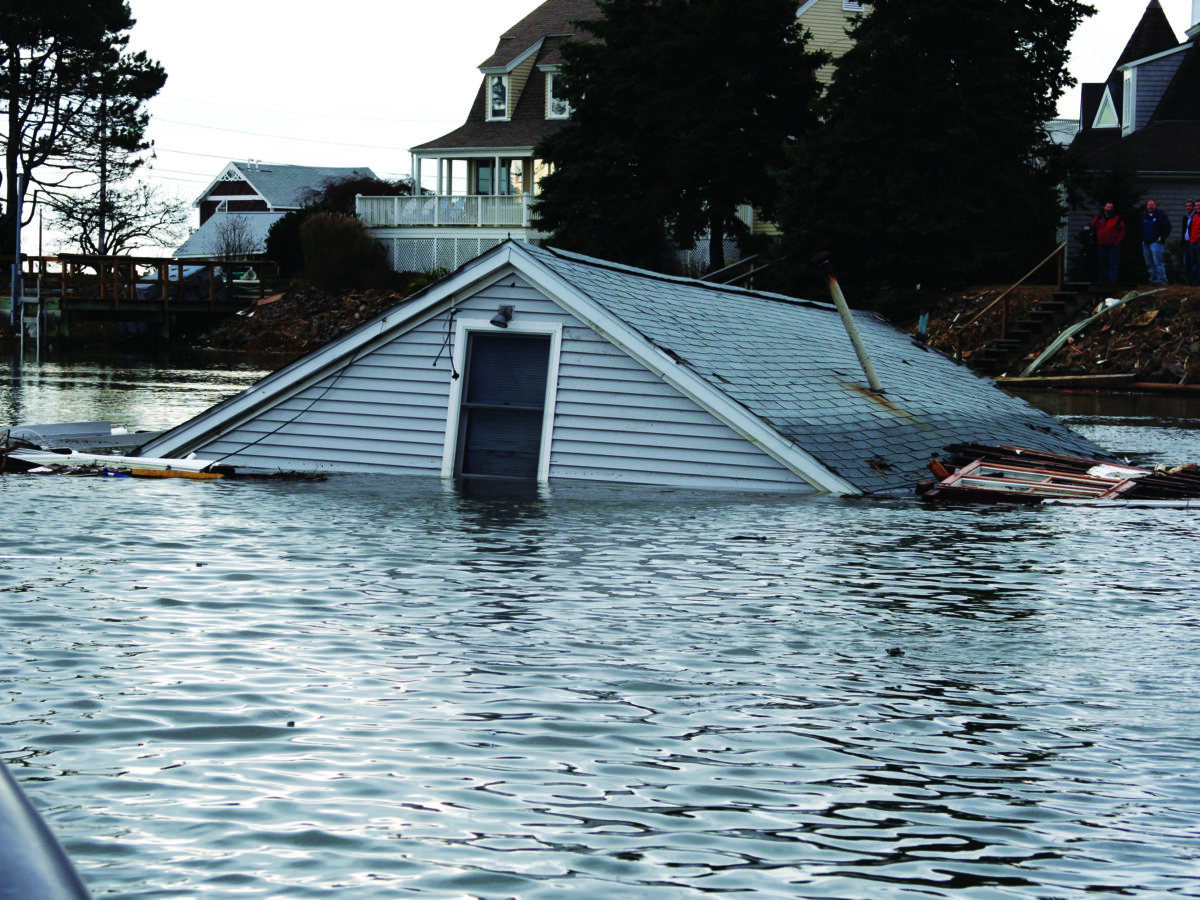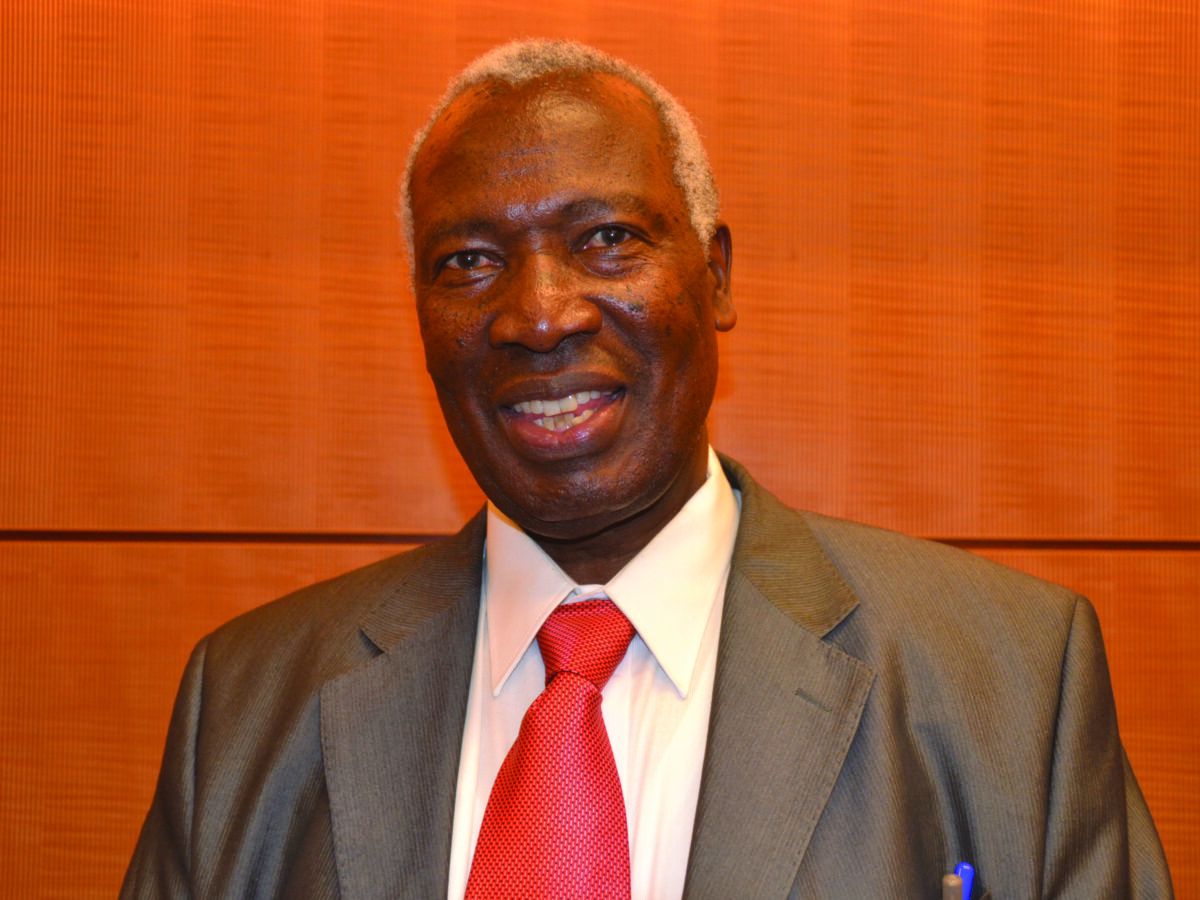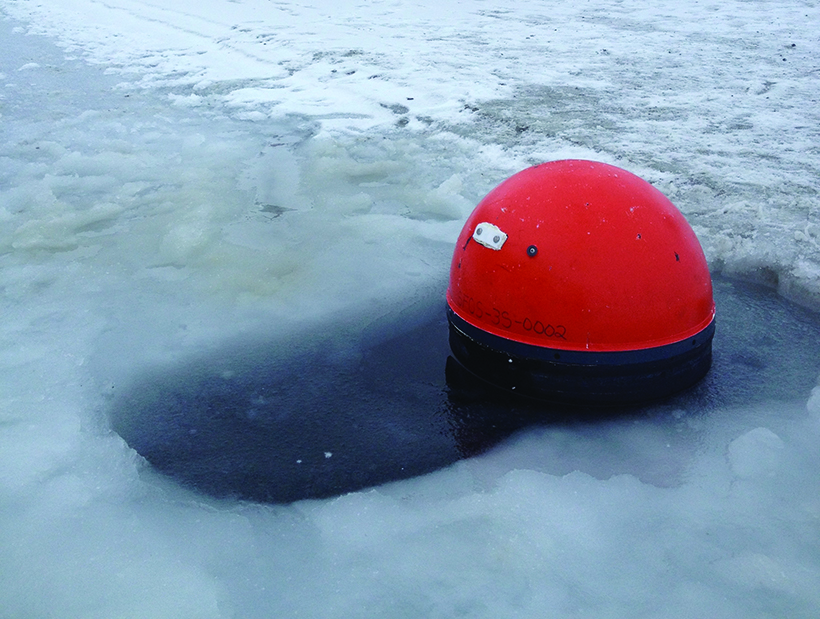The Climate Literacy and Energy Awareness Network (CLEAN) sets an example for how scientific, technical, education, and outreach communities can work together to increase climate literacy.
Climate Change
Next-Generation Severe Weather Forecasting and Communication
A new concept called Forecasting a Continuum of Environmental Threats (FACETs) aims to enhance weather forecasting with high-resolution probabilistic hazard information.
How Should Flood Risk Assessments Be Done in a Changing Climate?
The common assumption that flood behavior is not changing over time causes water managers to undervalue flood protection benefits. A better method of risk assessment is proposed.
Building International Research Partnerships in the North Atlantic–Arctic Region
An International Planning Workshop for a North Atlantic–Arctic Science Program;
Arlington, Virginia, 14–16 April 2014
Understanding Arctic Ocean Processes Under Changing Ice Cover
Observing Upper-Ocean and Sea-Ice Interactions in the Eastern Arctic Ocean;
Arlington, Virginia, 23–25 April 2014
Strengthening Research on Climate and Environmental Change
First Workshop of the Commission on Climatic and Environmental Change of the International Union of Geodesy and Geophysics;
Beijing, China, 11–12 April 2014
African Science Leaders Convene on Key Challenges
An African science symposium at the U.S. National Academy of Sciences in August focused on environmental protection, climate change, development, health, technology, and other issues.
Future Directions in Simulating Solar Geoengineering
Fourth GeoMIP Workshop; Paris, France, 24–25 April 2014
How Does Climate Impact Floods? Closing the Knowledge Gap
To better prepare people for future floods, scientists need to dig deep into the past to capture a wide spectrum of both flood and natural climate variability.
Drifters Track the Fate of Greenland Ice Sheet Meltwater
Using satellite-tracked devices that can withstand multiple collisions with ice blocks, scientists can now track water as it melts and swirls through fjords.



